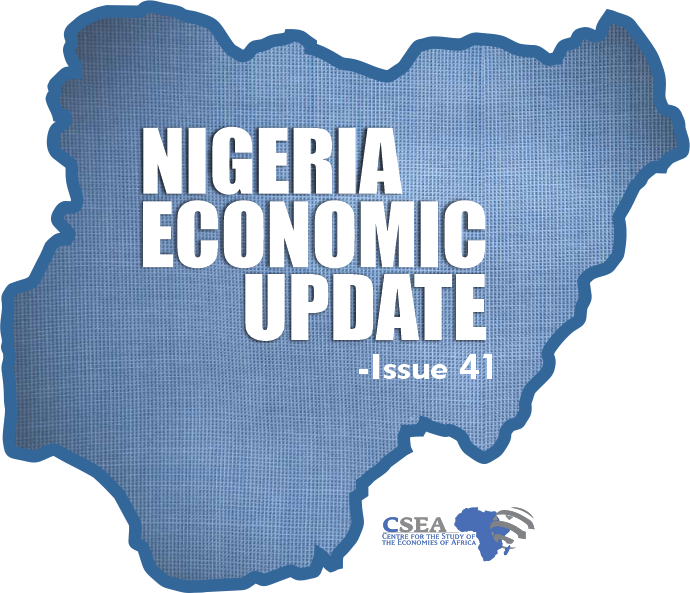
According to data from the World Population Review, Nigeria has the world’s second-highest number of homeless people. 24 million Nigerians do not have homes, accounting for nearly 10% of the total population. The statistics exclude those not living in a proper home with access to some of the most basic services. Several factors contribute to the high number of homeless persons, including a shortage of affordable housing options, land ownership and usage, economic exploitation, and unequal distribution of wealth and resources within the country. Homelessness is widening social inequality and vulnerability to health issues, which could worsen the humanitarian crisis in the country. Hence, there is an urgent need to prioritize the construction of affordable housing units tailored to the needs of low-income earners, in order to make homeownership accessible to all. In addition, to ensure renters’ rights and stabilise the housing market, robust legal protections for tenants, such as safeguards against forced evictions and arbitrary rent increases, should be implemented. Furthermore, the government should enforce land use policies that encourage equitable land allocation for housing purposes, while also addressing land access and ownership issues. Collectively, these measures can help mitigate the housing crisis, improve living conditions, and create a more equal and stable housing market in Nigeria.
